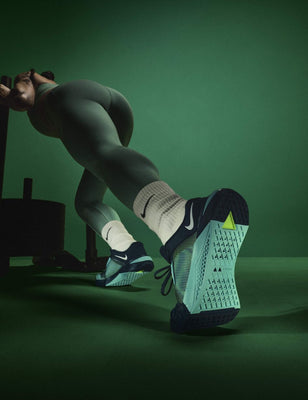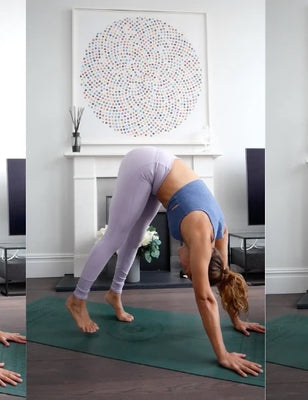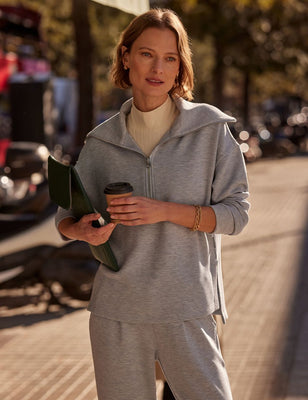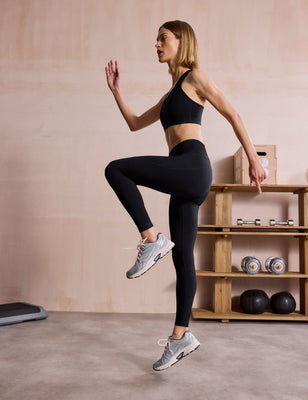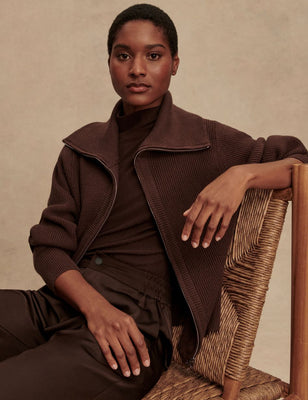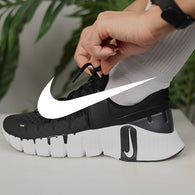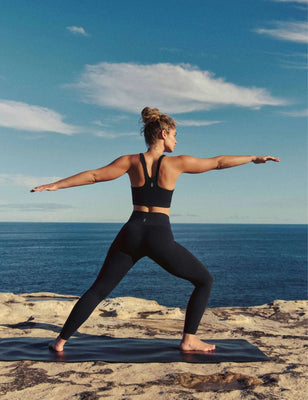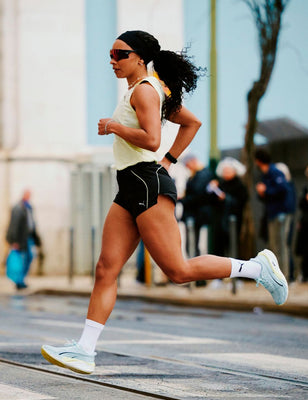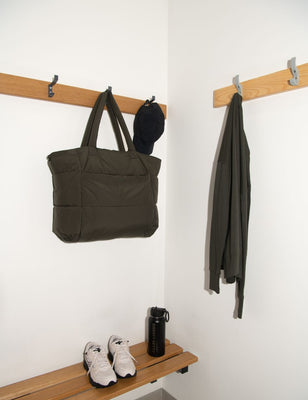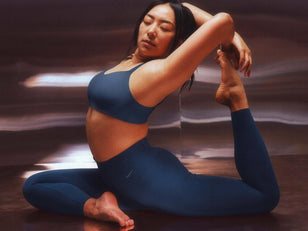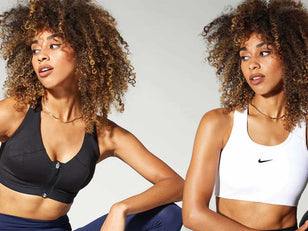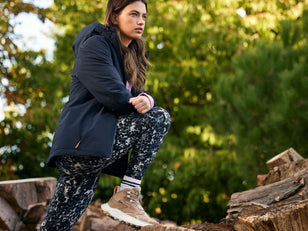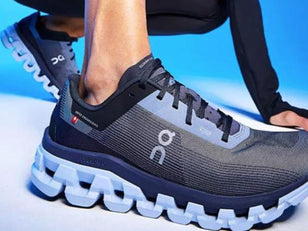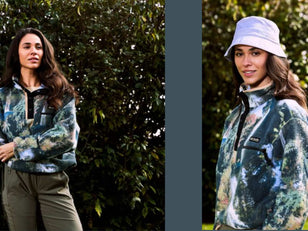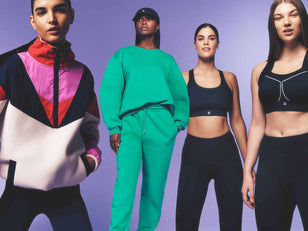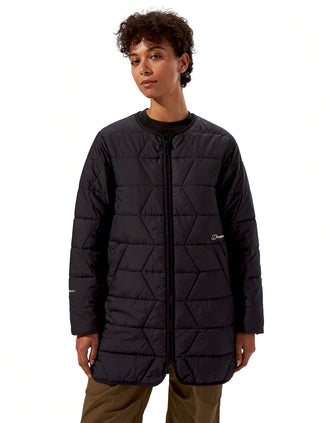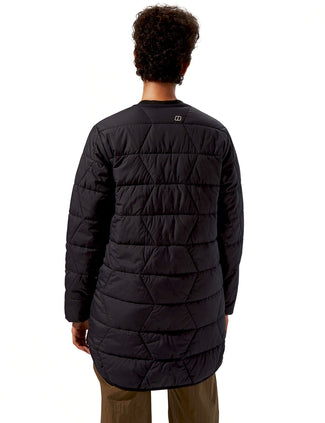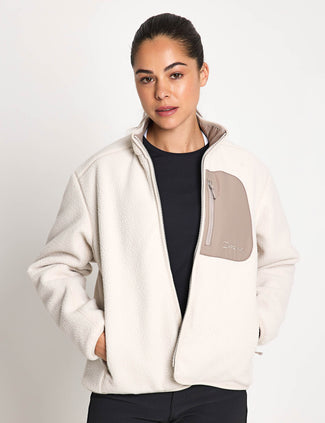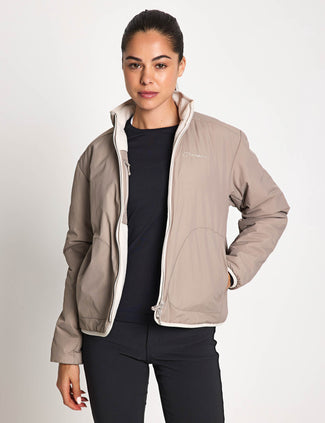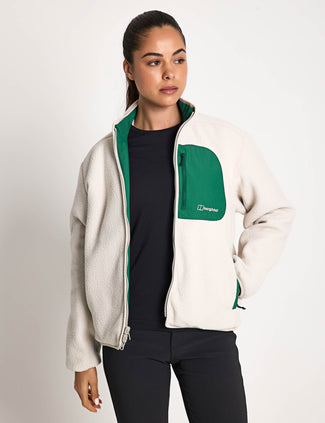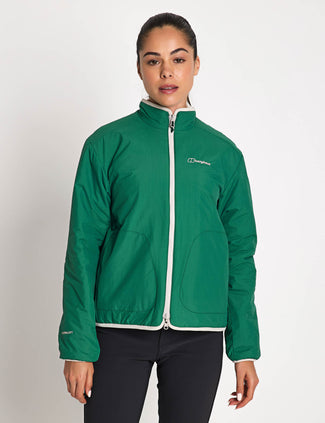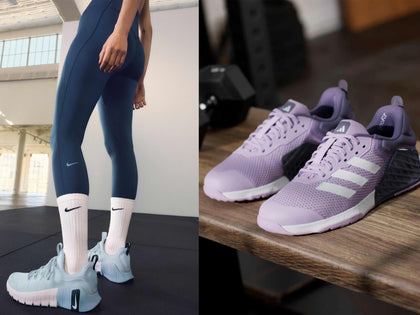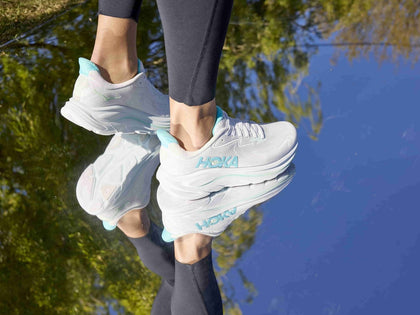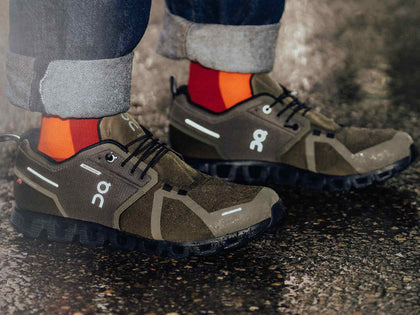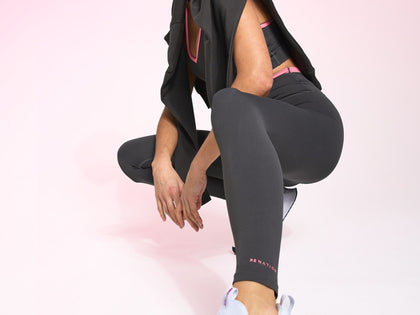Words by Katie Burn @katierose.burn a child & adolescent therapist and movement teacher

You may have heard of body positivity - a movement with roots in the fat acceptance movement of the 1960s, led by fat black women calling for a radical shift in how we look at fat bodies. They called for love and acceptance over continued shame and self loathing. Body positivity is the idea that bodies should be celebrated, whatever their shape. It’s a casting out of old ideas that a beautiful body must look a certain way; all bodies are beautiful and deserve celebrating.
The body positivity movement has become more mainstream in recent years however, many people feel that shifting from a negative mindset to a positive one is unrealistic and a leap too far to make at once. If this is you, you may find striving for body acceptance can be a more attainable goal.
WHAT IS BODY ACCEPTANCE?
So what is body acceptance? The ultimate goal of body acceptance is finding neutrality; simply accepting your body as it is. Body acceptance looks at removing the emotional judgments you place on our body and replacing them with the idea that there is no ‘good’ or ‘bad’ body. Your body is merely another one of your belongings that you need to take care of. By finding neutrality towards your body, the goal is to think about how your body looks a lot less. Having less focus on your physical body frees up brain space for thinking about things beyond your physical being enabling you to live a more fulfilling life.

WHO MIGHT BENEFIT FROM BODY ACCEPTANCE?
Body acceptance can be useful for people who are preoccupied by their body image and find the switch from negative mindset to positive one to be unrealistic. Body acceptance is for those seeking to exist in their bodies without a need to love it or despise it. It’s about finding peace in the middle ground of neutrality. Body acceptance and neutrality can be particularly beneficial for individuals in marginalised bodies: particularly nonwhite, disabled, trans and fat bodies. It is also useful for people with medical conditions such as chronic pain, other long-term health conditions, disordered eating and body dysmorphia for whom the concept of loving their bodies feels out of reach.
For me personally, body acceptance has played a huge role in making peace with my body following a diagnosis of chronic pain as a young teenager and subsequent struggles with disordered eating. At a time where loving my body felt impossible, eventually discovering body acceptance paved the way to reconnecting with my body- I only wish that I’d found it sooner. So, here are 5 messages I would tell my younger self and I hope they may be of benefit to you too.
1. Whether you like or dislike your body, it still deserves respect.
When you’re having a bad body image day, can you find some empathy and compassion for yourself? You may feel let down by your body today but your body isn’t the enemy. Even on bad days, remember your body is still worthy of fuel to keep functioning. It deserves rest when it is tired and movement that feels good. When you are experiencing resentment towards your body and even when it feels like it is failing you, can you accept that your body is doing its best? At any moment in time there are approximately 30 trillion cells in your body working their hardest to keep you alive. Don’t be too hard on yourself.
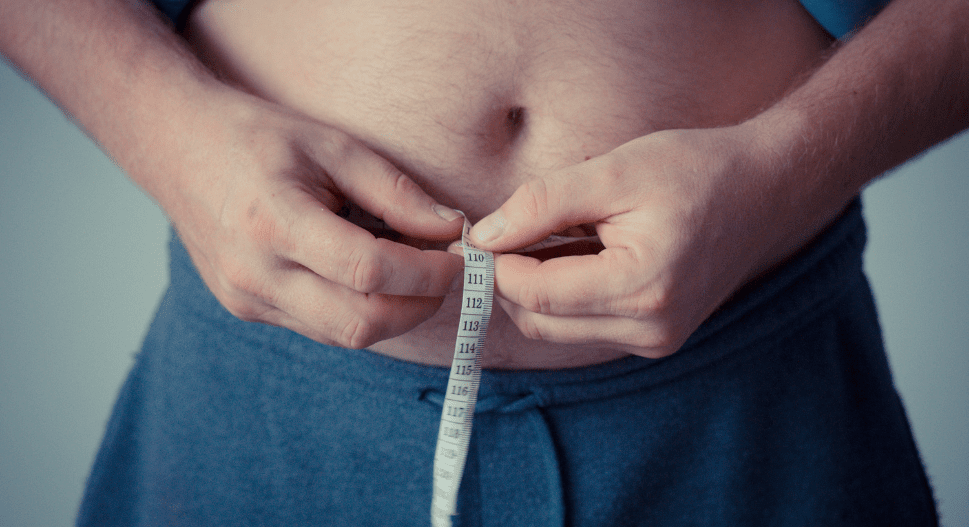
2. The best version of you isn’t necessarily a smaller version of you.
Despite society rewarding small frames and sculpted muscles, it doesn’t mean this is the healthiest body. I know it’s not what the media says, but your healthiest body could actually be bigger than the one you are in right now. Your best weight will be one where you can do all the things you love to do with your body. Enjoy food socially, heal from injury, join in with celebratory meals and feel strong. In a bigger body you’ll have energy to think about things other than food, such as a career, your friendships, new interests and more! This body will lead to you achieving your goals, making memories and making plans for your future.
Staying unsustainably small can require a constant diet. This is like a phone on power saving mode: dimly lit, limited energy, liable to cut out at any moment. It’s time to stop living a low-energy life and accept that sometimes a smaller body isn’t one that we can thrive in. Bodies are designed to change, they are in constant flux throughout our lives and resisting that change takes up a lot of energy and time. It’s ok to invest that time and energy in something more fulfilling!

3. Your body is not a problem to fix.
Skinny teas, celebrity diets, before and after photos, meal shakes and aggressive gym membership marketing are all telling you that your body is an unruly problem that needs to be kept in line and fixed. Most of the time these things are a waste of money at best and are flat out dangerous at worst (laxative teas and diet pills, I’m looking at you). Be mindful of the information you consume and the products you feel compelled to buy. Every time you hear a message that your body is inadequate, ask yourself ‘who is profiting from this feeling?’. Know that the diet industry is a 50 billion pound beast that creates problems so that they can sell you solutions to ‘fix’ yourself.
Take it from me: having a medical condition from a young age and subsequently having much of your life centred around making it better is tough. I know it is hard to believe it but your body is really trying its best, you don’t have to be friends with it but I promise it is not the enemy. Your psychologist tells you that acceptance is where you will find happiness. You want to punch her in the face, it takes almost a decade but eventually you realise she was right!

4. Stop trying to look like someone else.
Just like clothes, body types go in and out of fashion. The noughties were a nightmare era of ‘heroin chic’ and I’m sorry that most of your formative years were spent immersed in this toxic beauty standard. But that toxic fad fell out of fashion, as all fads eventually do. Today, emaciated is out and curves are IN! But... only curves in certain places, and only as long as the rest of the body is small. Trying to keep up with it all will be exhausting.
Looking around you, you can clearly see that bodies come in all different shapes and sizes yet the ones you see amplified on billboards and on our screens are a very narrow selection of the broad spectrum. We all thrive at different weights in different shaped and sized bodies. Stop listening to influencers pushing their ‘thigh gap workouts’. It is not possible to spot reduce fat, it’s ok if you personally are not designed to have a thigh gap. Bodies are genetically predisposed as to where they store fat and build muscle. If we all ate the same meals and had the same workouts, we would still all have different bodies. Stop fighting it!

Now, considering a disability in the quagmire that is diet culture makes matters even more of a blunder. Your body isn’t like anyone else's, it is uniquely yours. It may look like a “regular” body from the outside, but on the inside it doesn’t function like regularly, and it’s ok to not try and keep up with everyone!
Find role models with disabilities because you are not as alone as you think you are. Find the support networks that are out there and learn from them. Get the ‘please offer me a seat’ badge for commuting, ask for additional support from your university and work and tell your friends what you are going through. Time to stop pausing life until your body looks or behaves a certain way. Make plans for the body you have not the body you are conditioned to think you should have.

5. There are so many more interesting things about you than your body
This is the most important advice I have to share with you. When you think of all the complex chemical reactions going on in our body in any one second to keep it functioning, it isn’t surprising that sometimes things don’t quite go to plan. Sure, having a body that doesn’t always get it right is hard. Yes, it is an important part of your life (after all, our bodies get us from A to B), but it doesn’t need to define you either. And if you have a disability, it can feel all-consuming. But your whole identity doesn’t need to be your body or your illness.
Your body is just a bag of meat and bones. Your weight is just the gravitational pull between this mass of bones and meat to the earth. When your sense of worth is tied up in how you look and how your body functions, it is very fragile.
Try placing that worth outside of how you look: your weight, your brain, your opinions, your relationships, your hobbies, your family, your sense of humour, your adventures, your hopes and so much more. When someone dies, no one writes on their gravestone ‘she was a size 8 with a fantastic bum’ or ‘She never needed to go to the doctor!’. Your body is not your legacy, don’t let it hold you back!






